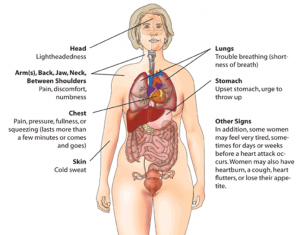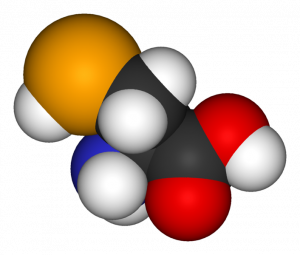
Combining high-selenium yeast and Coenzyme Q10 supplements gives elderly people in low selenium regions good protection against heart disease. That seems to be the take-home lesson from a 12-year follow-up analysis of the Swedish KiSel-10 study [Alehagen 2018].
Protective effects of selenium and CoQ10 persist 12 years
Originally, Professor Urban Alehagen and researchers at the University in Linköping enrolled 443 elderly Swedish citizens who were living in a community in which selenium intakes in the food were known to be low. They randomly assigned the study participants to take a combination of 200 micrograms of selenium in a high-selenium yeast tablet and 200 milligrams of Coenzyme Q10 daily or to take matching placebos. The supplementation study lasted for four years [Alehagen 2013].








